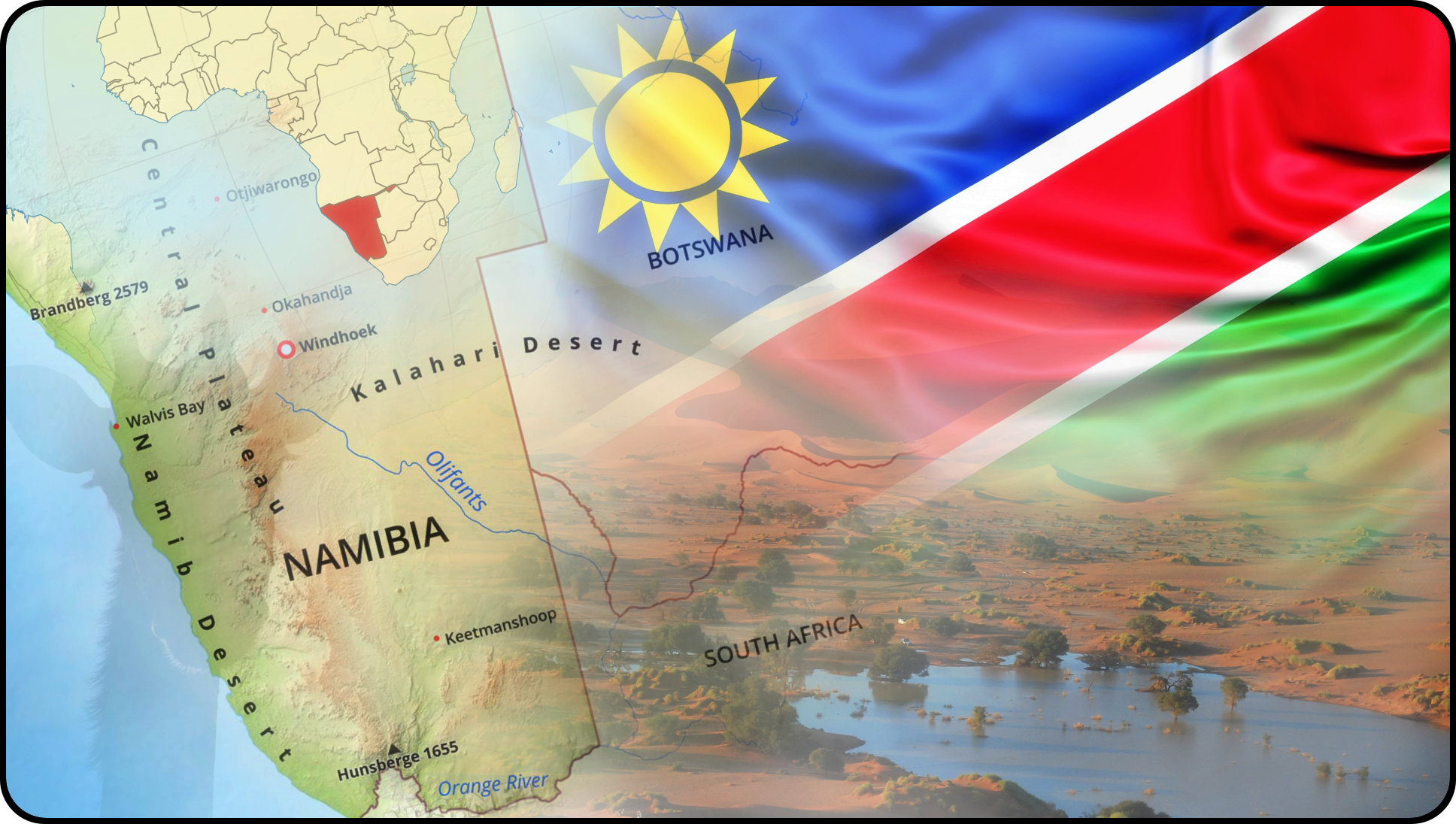207 - Namibia Timeline
*Data furnished by BBC.com (Namibia profile - Timeline).
**Photos by The Nostomaniac
***Short history of Namibia, anyone? Go here.
Key Events:
1488 - Portuguese explorer Bartolomeu Dias visits.
1886-90 - Present international boundaries established by German treaties with Portugal and Britain. Germany annexes the territory as South West Africa.
1892-1905 - Suppression of uprisings against German colonial occupation by Herero and Nama peoples. Possibly 60,000, or 80% of the Herero population, are killed, leaving some 15,000 starving refugees in an act that independent Namibia has deemed an act of genocide.
South African occupation
1915 - South Africa takes over territory during First World War.
1920 - League of Nations grants South Africa mandate to govern South West Africa (SWA).
1946 - United Nations refuses to allow South Africa to annex South West Africa. South Africa refuses to place SWA under UN trusteeship.
1958 - Herman Toivo Ya Toivo and others create the opposition Ovamboland People's Congress, which becomes the South West Africa People's Organisation (Swapo) in 1960.
1961 - UN General Assembly demands South Africa terminate the mandate and sets SWA's independence as an objective.
1966 - Swapo launches armed struggle against South African occupation.
1968 - South West Africa officially renamed Namibia by UN General Assembly.
1973 - UN General Assembly recognises Swapo as "sole legitimate representative" of Namibia's people.
1988 - South Africa agrees to Namibian independence in exchange for removal of Cuban troops from Angola.
1989 - UN-supervised elections for a Namibian Constituent Assembly. Swapo wins.
Independence
1990 March - Namibia becomes independent, with Sam Nujoma as first president.
1994 - South African exclave of Walvis Bay turned over to Namibia.
1998 - Hundreds of residents of the Caprivi Strip flee to Botswana, alleging persecution by the Namibian government.
1998 August - Namibia, Angola and Zimbabwe send troops to the Democratic Republic of Congo to support President Laurent Kabila against rebels.
1999 August - Emergency declared in Caprivi Strip following series of attacks by separatists.
1999 December - President Nujoma wins third presidential term.
1999 December - World Court rules in favour of Botswana in territorial dispute with Namibia over the tiny Chobe River island of Sedudu - known as Kasikili by Namibians.
2002 August - New prime minister, Theo-Ben Gurirab, says land reform is a priority. President Nujoma says white farmers must embrace the reform programme.
2004 May - Road bridge across Zambezi river between Namibia, Zambia opens amid hopes for boost to regional trade.
2004 August - Germany offers formal apology for colonial-era killings of tens of thousands of ethnic Hereros, but rules out compensation for victims' descendants.
2004 November - Hifikepunye Pohamba, President Nujoma's nominee, wins presidential elections.
2005 September - Government begins the expropriation of white-owned farms as part of a land-reform programme.
2006 June - National anti-polio vaccination campaign is launched following the death of at least 12 people from the disease.
2007 February - Chinese President Hu Jintao visits, signs aid and economic co-operation agreements.
2007 August - Ten men are found guilty of treason for leading a secessionist rebellion in the Caprivi region and are given long prison terms.
2009 November - Presidential and parliamentary polls. President Pohamba and his ruling Swapo party re-elected.
2011 February - High Court dismisses legal challenge by nine opposition parties claiming irregularities in the 2009 parliamentary election.
2011 July- Mines and Energy Minister Isak Katali says Nambia has found a possible 11bn barrels of offshore oil reserves.
2011 October - Skulls of 20 Herero and Nama people repatriated from a museum in Germany to a welcome from hundreds of descendants.
2014 August - A protester is shot and killed by police during a rare occurrence of political violence.
2014 November - Hage Geingob is elected president, SWAPO wins parliamentary polls.
2018 February - Politicians and civil servants are banned from all foreign business travel to cut expenditure. The economy has been hard hit by a drop in uranium revenues.
2019 November - President Geingob wins re-election.


